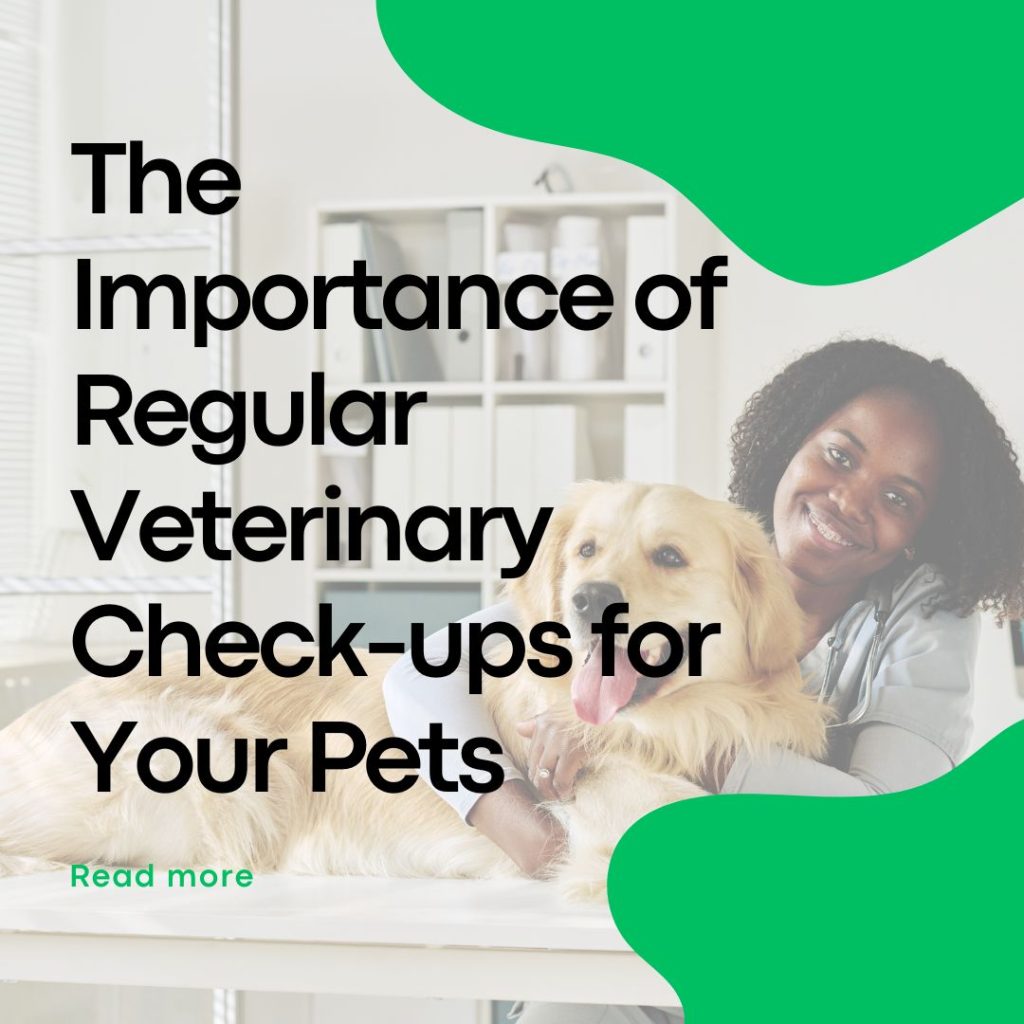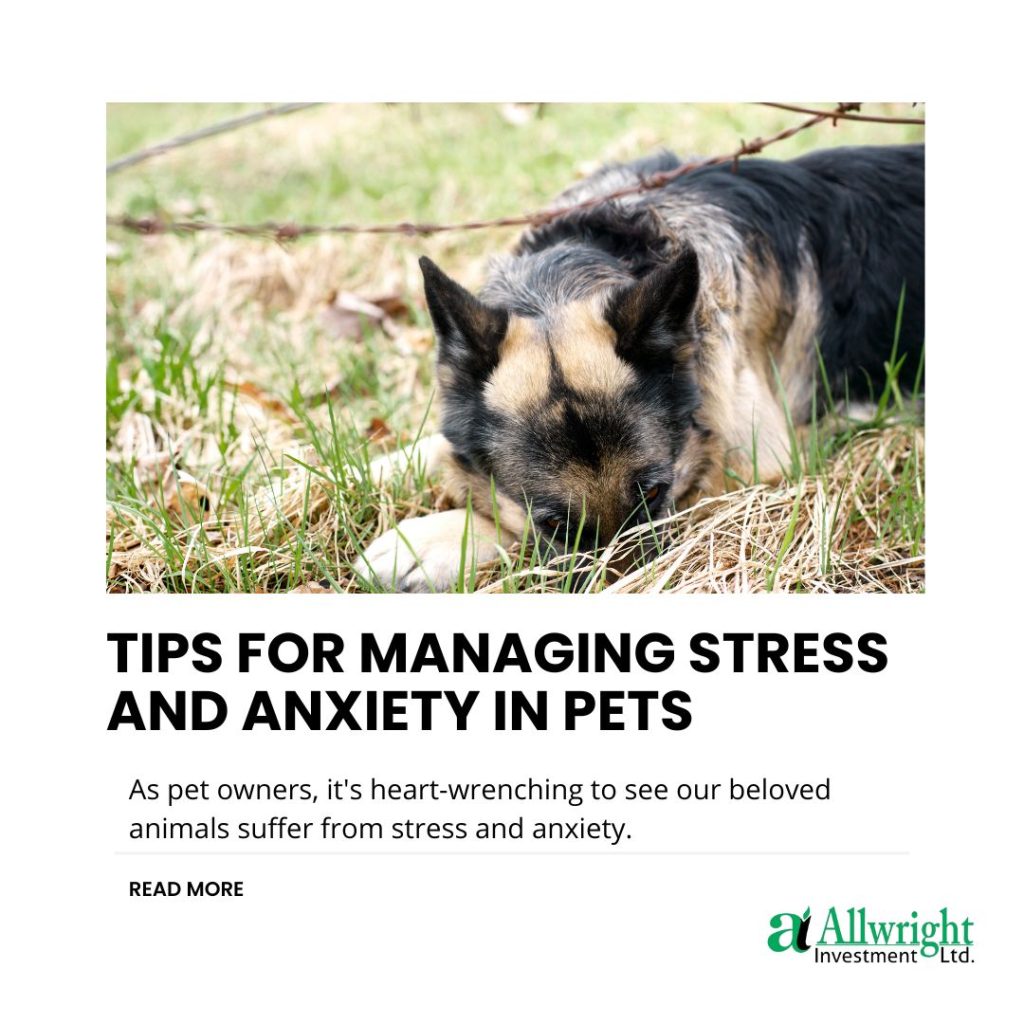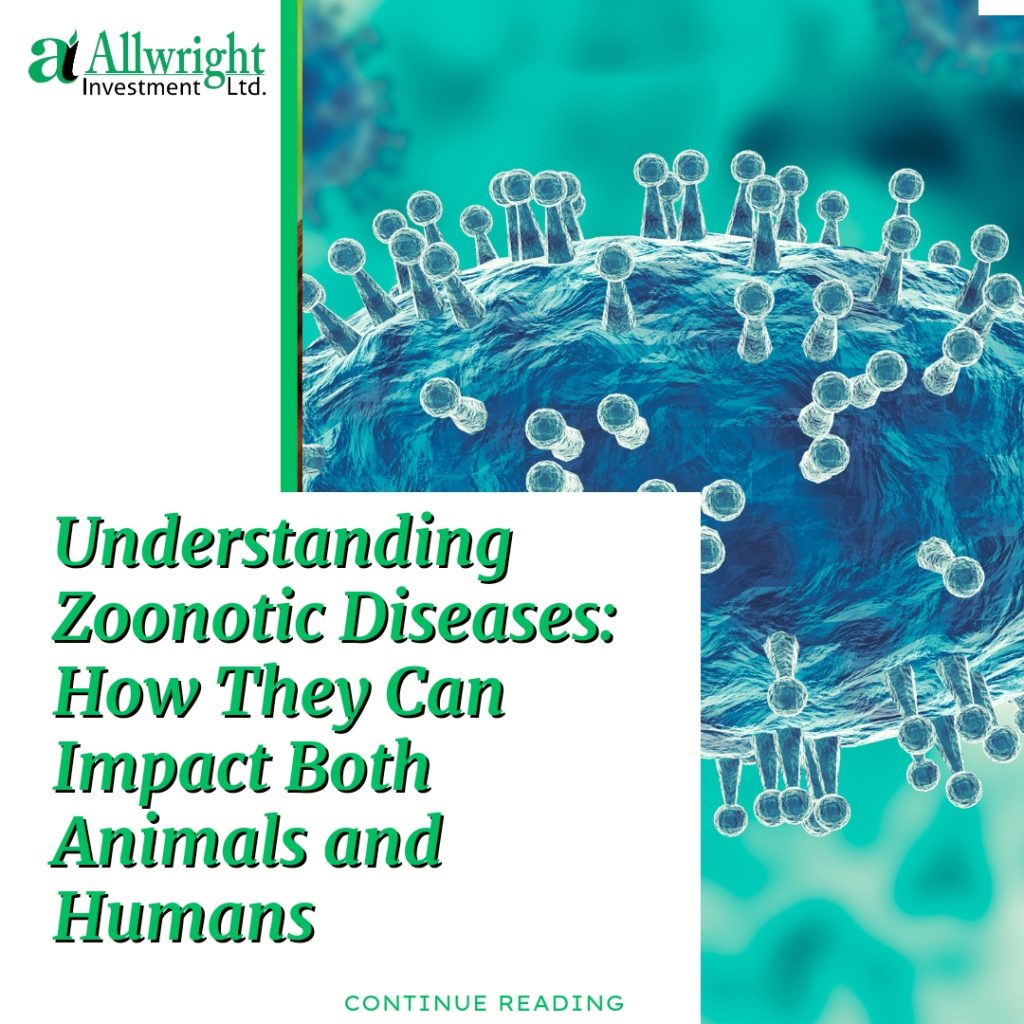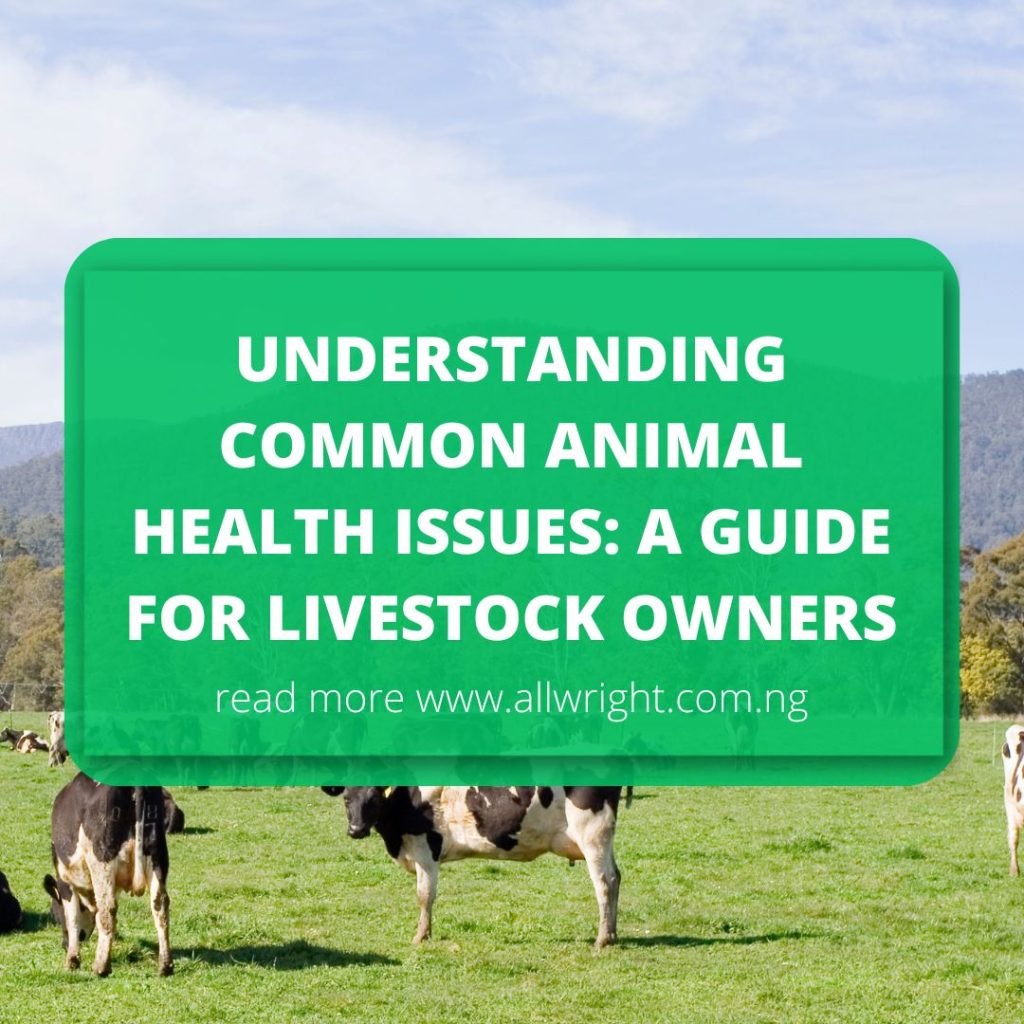The Role of Vaccinations in Preventing Diseases in Animals
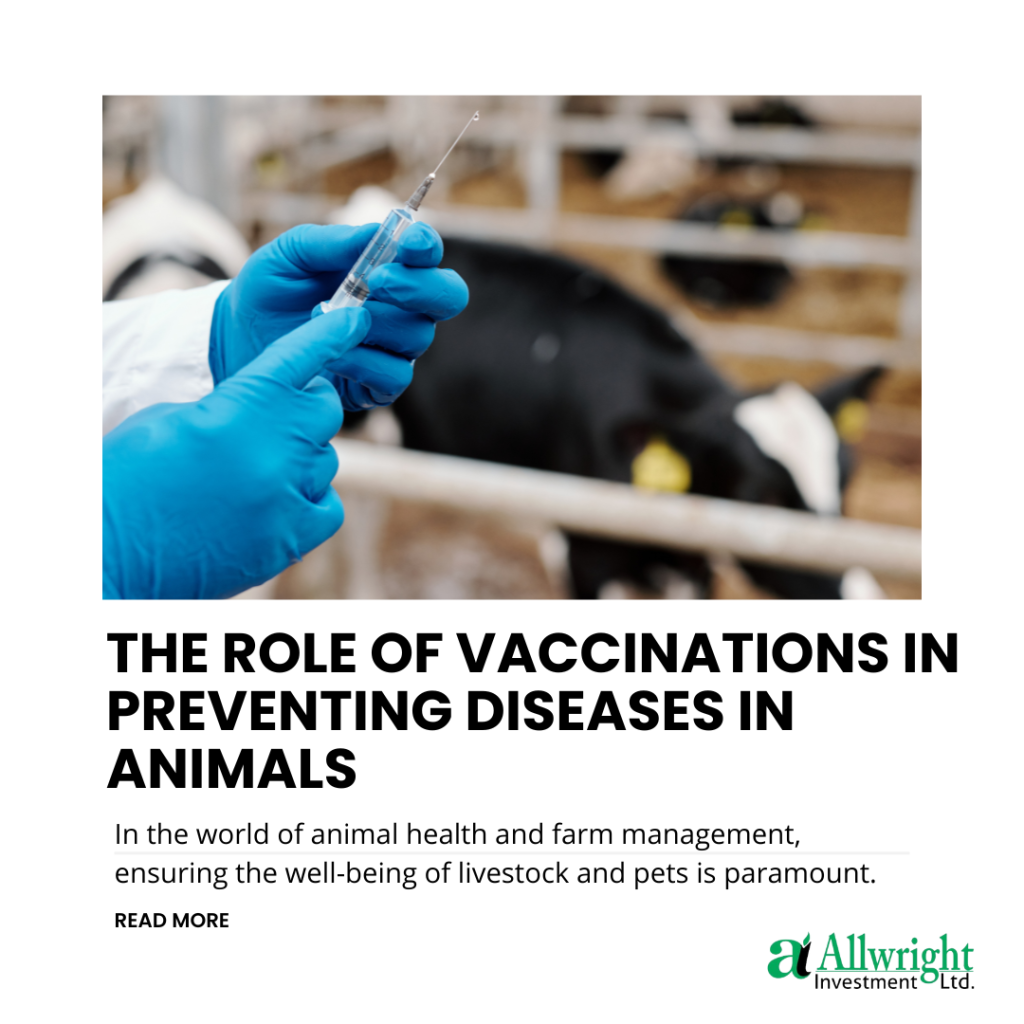
In the world of animal health and farm management, ensuring the well-being of livestock and pets is paramount. One of the most effective ways to safeguard animals from various diseases is through vaccinations. At Allwright Ltd, we understand the critical role vaccinations play in maintaining the health and productivity of animals. In this article, we delve into the importance of vaccinations and how they contribute to disease prevention in animals.
Why Vaccinations are Essential for Animal Health
Vaccinations are a cornerstone of preventive veterinary medicine. They work by stimulating the animal’s immune system to recognize and combat specific pathogens, such as viruses and bacteria. This enables the animal to mount a robust defense if exposed to the actual disease in the future.
Benefits of Vaccinating Animals
- Disease Prevention: Vaccinations significantly reduce the risk of animals contracting infectious diseases, which can lead to severe illness or death.
- Cost-Effective: Preventing diseases through vaccination is more cost-effective than treating animals once they are sick. This is particularly important for farmers and pet owners managing tight budgets.
- Enhances Animal Welfare: Healthy animals lead better lives, free from the pain and suffering caused by preventable diseases.
- Promotes Public Health: Many animal diseases can be transmitted to humans (zoonotic diseases). Vaccinating animals helps protect human health as well.
- Boosts Productivity: For farm animals, vaccinations help maintain productivity levels, as healthy animals grow better and produce more milk, eggs, or meat.
Common Diseases Prevented by Vaccinations
Different species require different vaccines. Here are some common diseases that vaccinations can prevent:
For Dogs and Cats
- Rabies: A fatal viral disease that can affect all mammals, including humans.
- Parvovirus: A highly contagious virus that affects dogs, leading to severe vomiting and diarrhea.
- Feline Leukemia Virus (FeLV): A virus that affects cats, causing immunosuppression and increasing the risk of other infections.
For Livestock
- Foot-and-Mouth Disease (FMD): A severe, highly contagious viral disease affecting cattle, pigs, sheep, and goats.
- Bovine Viral Diarrhea (BVD): A virus that can cause respiratory and reproductive issues in cattle.
- Newcastle Disease: A contagious viral disease affecting birds, particularly poultry, causing respiratory and neurological symptoms.
Vaccination Schedules and Protocols
Adhering to the appropriate vaccination schedule is crucial for maximum effectiveness. At Allwright Ltd, our veterinary services include developing tailored vaccination programs based on species, age, health status, and local disease prevalence.
For Pets
- Puppies and Kittens: Initial vaccinations typically start at 6-8 weeks of age, with boosters every 3-4 weeks until they are 16 weeks old.
- Adult Pets: Annual or triennial booster shots, depending on the specific vaccine and risk factors.
For Livestock
- Calves, Lambs, and Piglets: Initial vaccinations are given at a young age, often starting within the first few weeks of life, followed by booster shots as recommended.
- Adult Livestock: Regular booster shots to maintain immunity, typically annually or biannually.
The Role of Veterinary Services in Vaccination
Choosing the right veterinary service provider is essential for effective vaccination programs. Allwright Ltd offers comprehensive veterinary services, including:
- Consultations: Assessing the specific needs of your animals and creating customized vaccination plans.
- Administration: Ensuring vaccines are stored, handled, and administered correctly.
- Monitoring: Keeping track of vaccination schedules and following up on booster shots.
Vaccinations are a vital component of animal health management. They provide a shield against many deadly diseases, ensuring the well-being of pets and livestock alike. At Allwright Ltd, we are committed to offering top-notch veterinary services and reliable veterinary medications to support your animal health needs. By prioritizing vaccinations, you invest in a healthier future for your animals and peace of mind for yourself.
Invest in Allwright Limited today!

